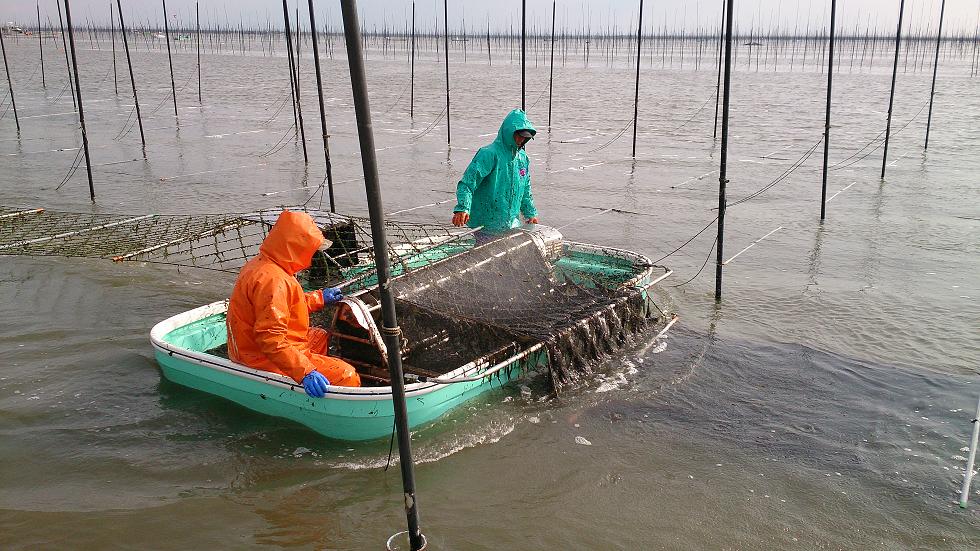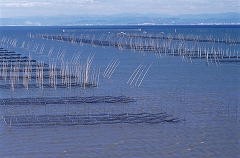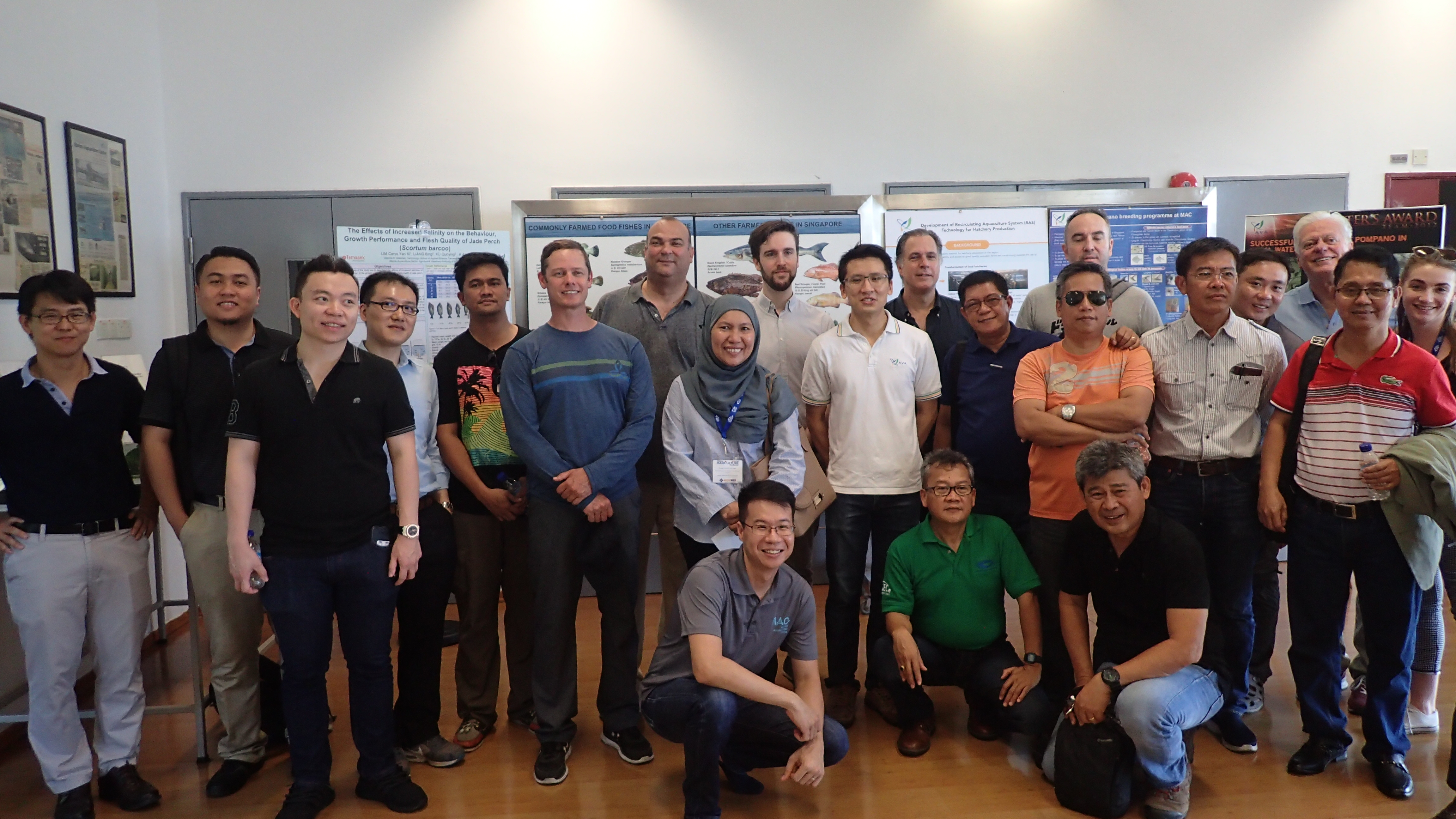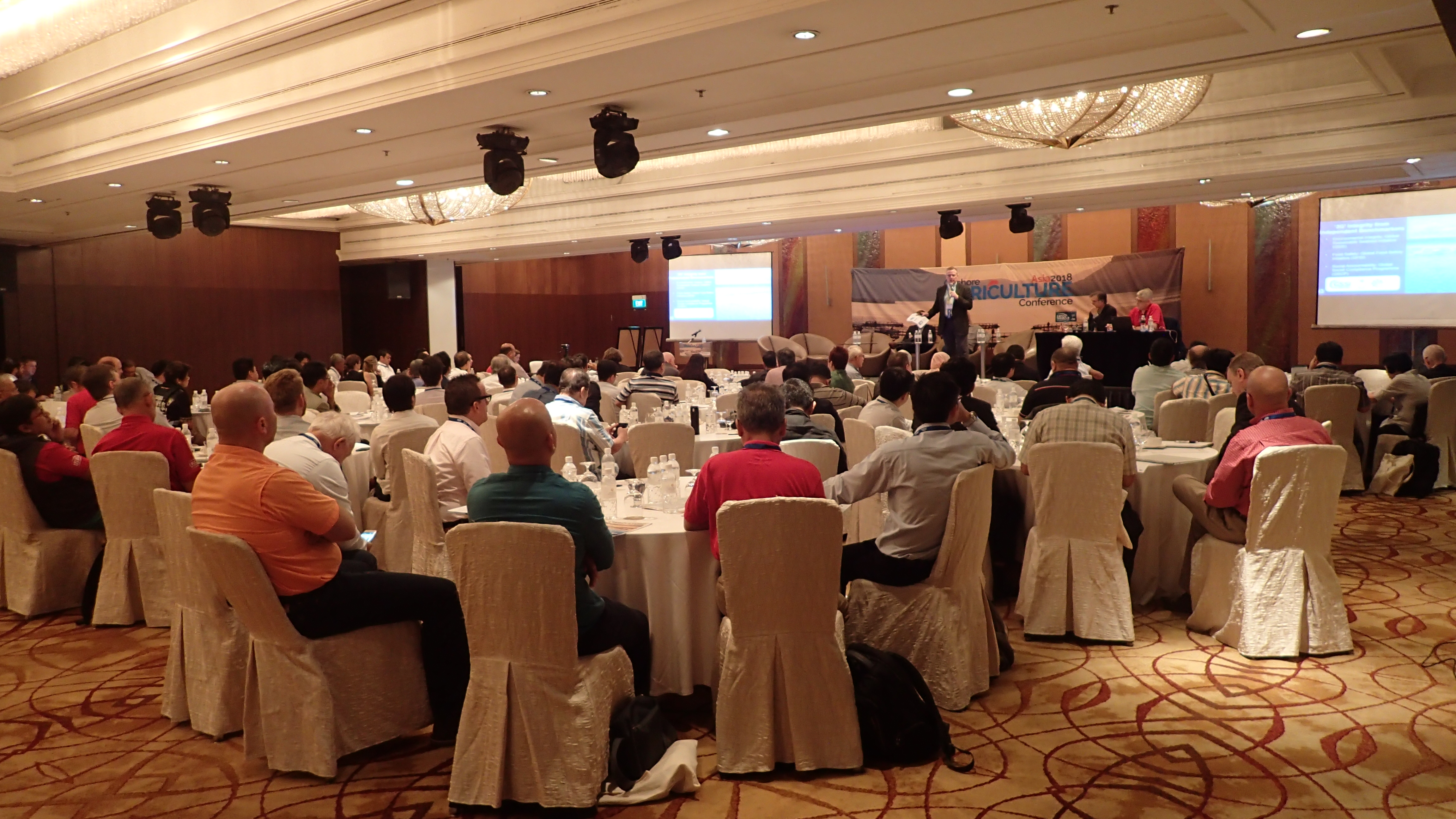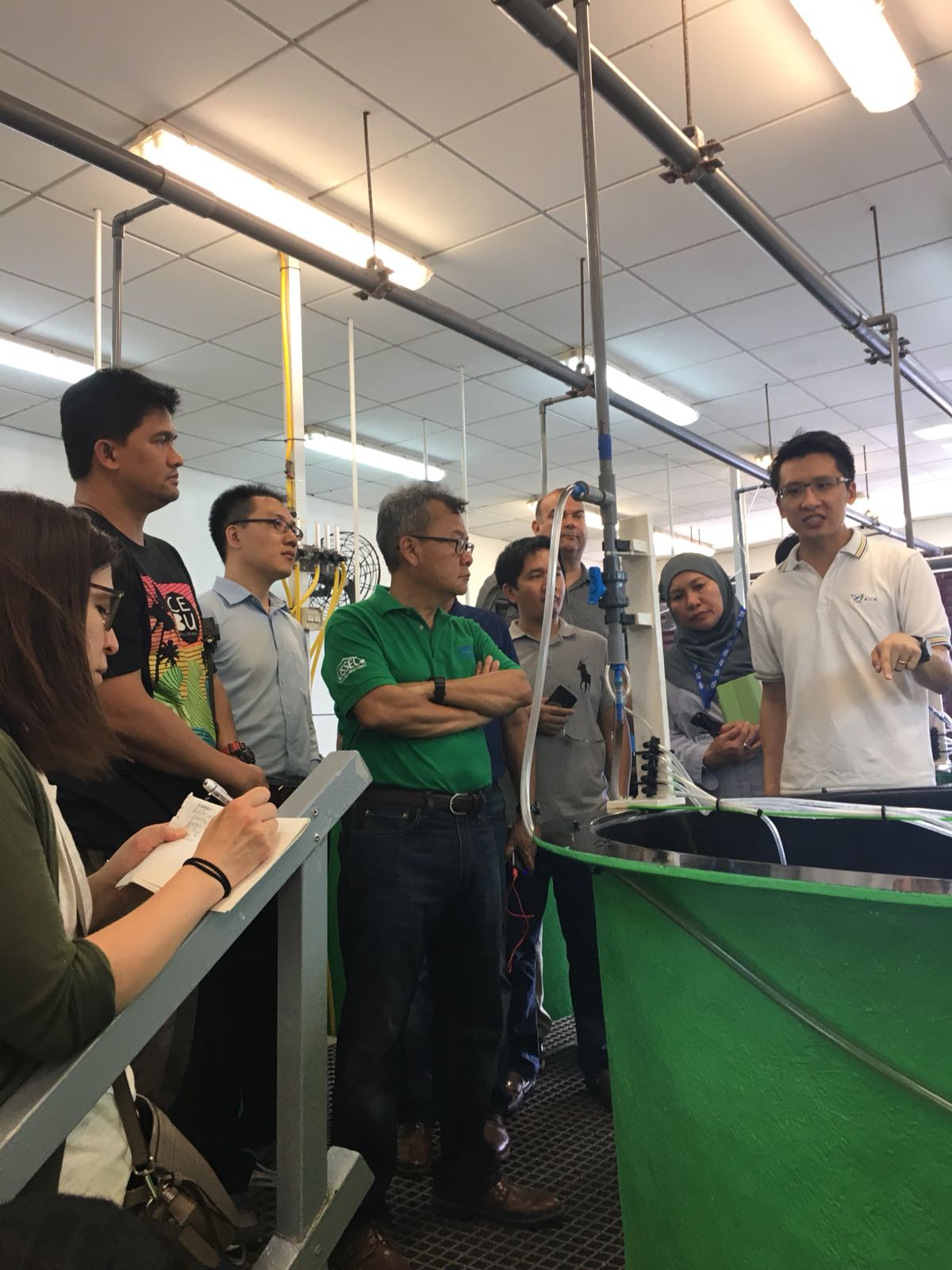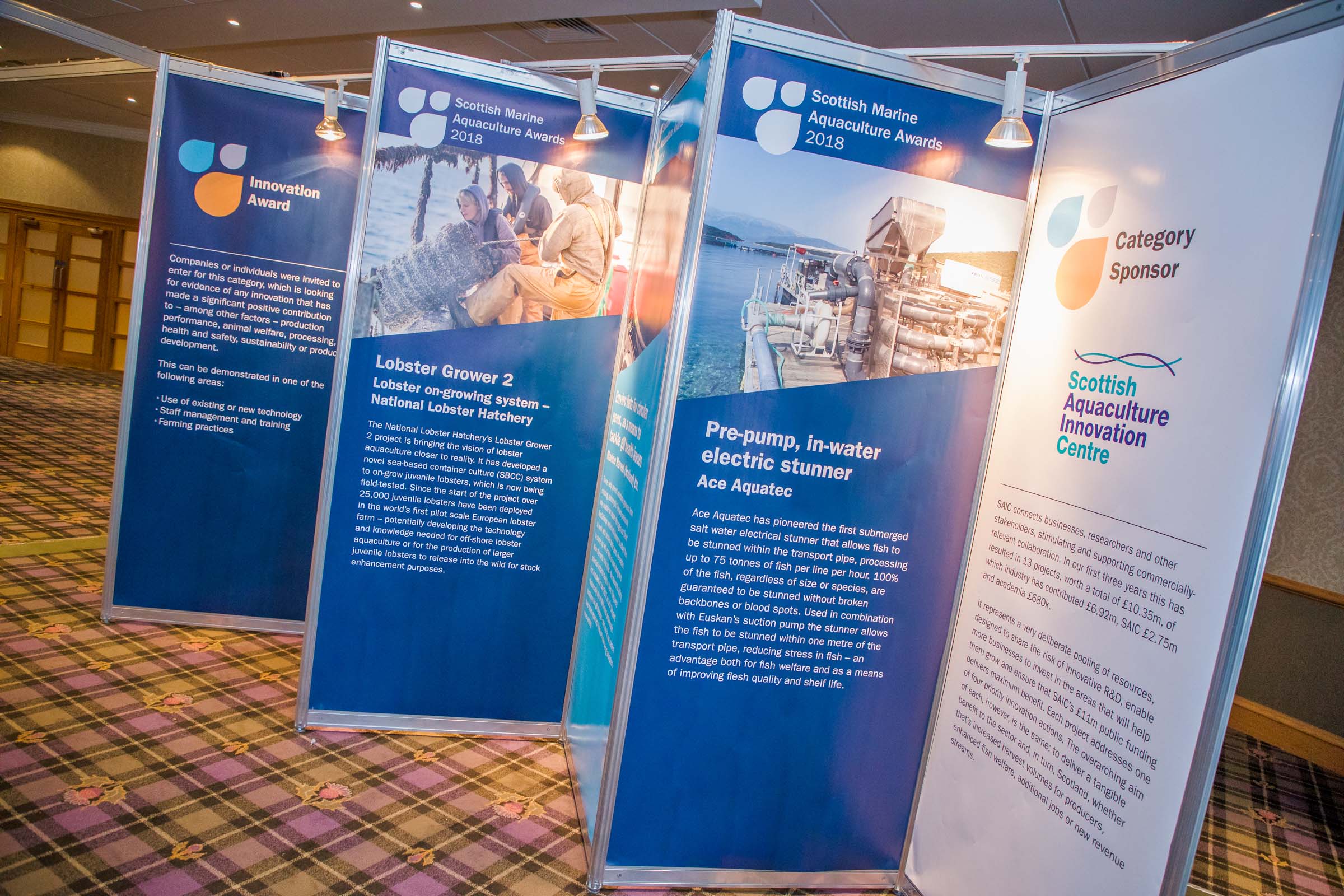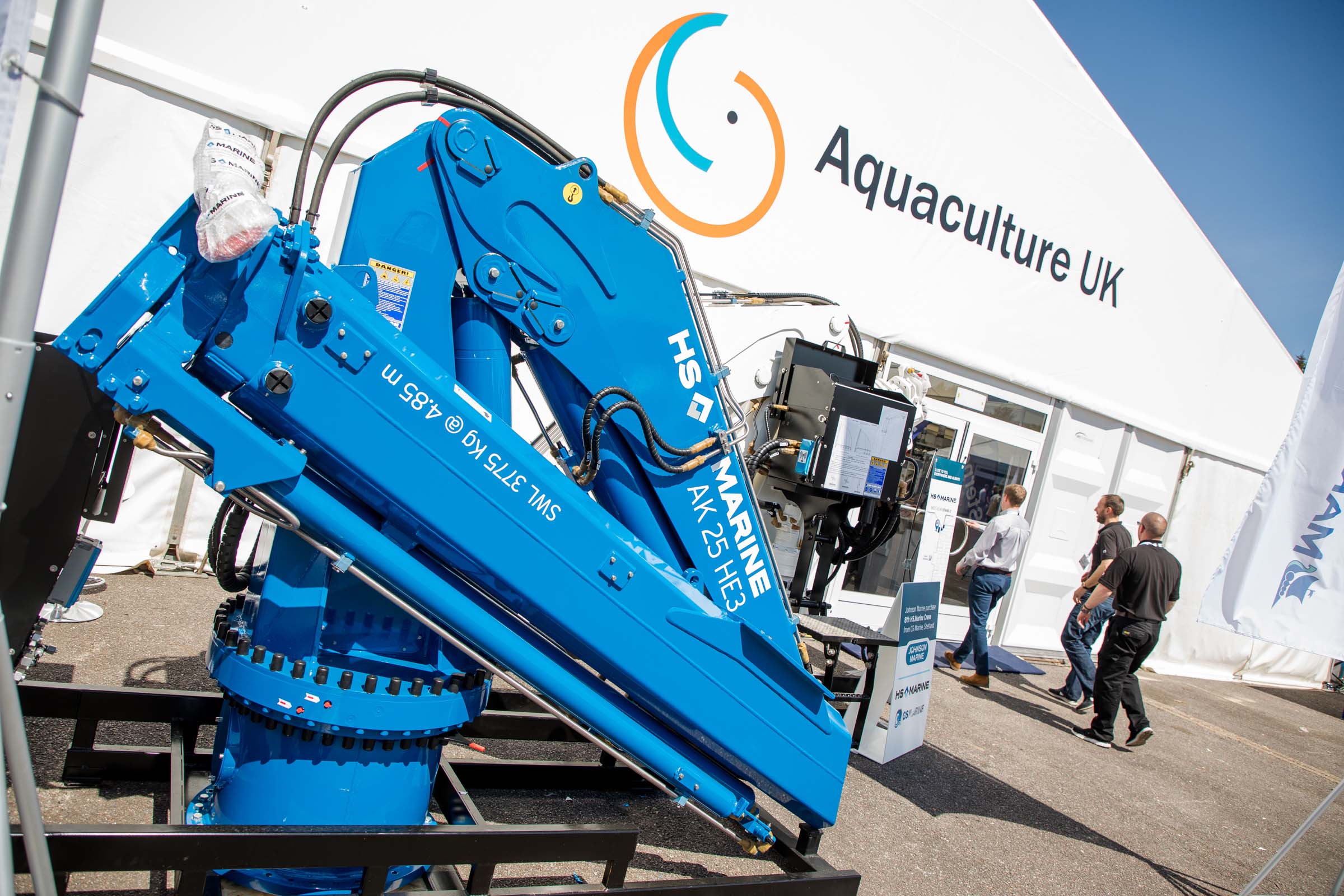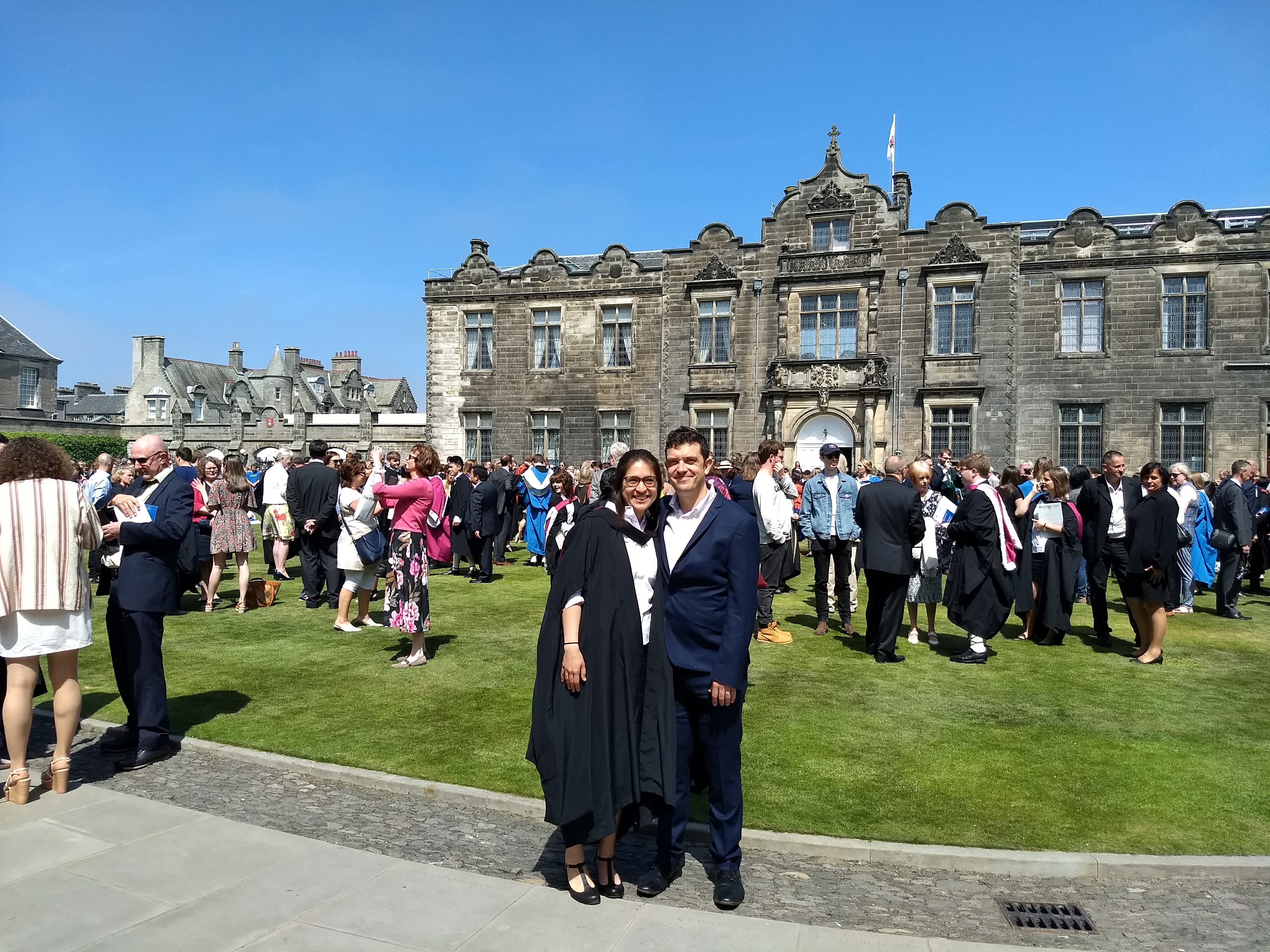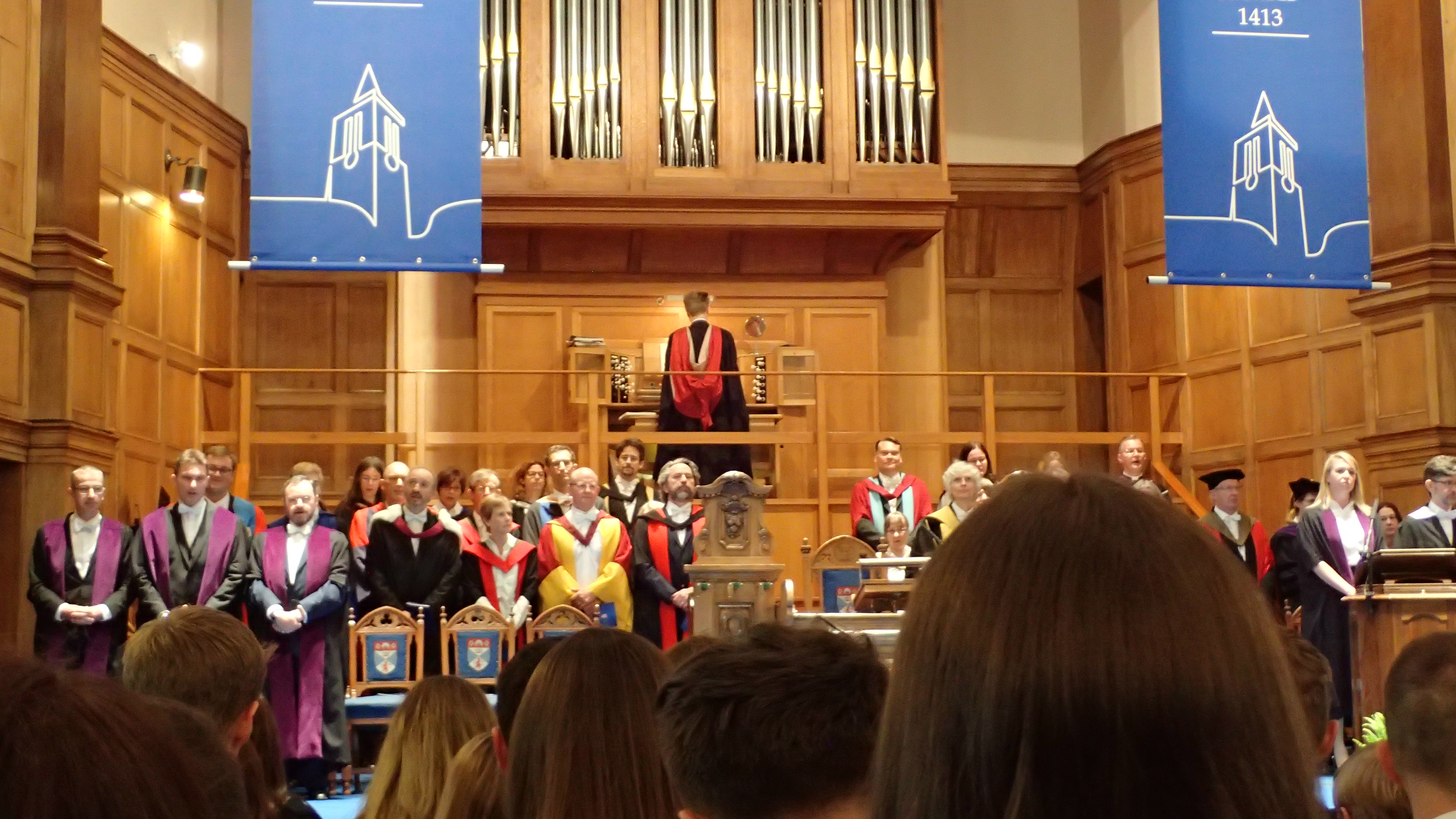After a year’s hibernation, Rising Bubbles is making a comeback!
This comes just over a year after taking some time out from blogging, but fortunately it was all for good reasons, which I’ll be going into in a moment. For now, I’m excited to be restarting this blog with a host of ideas for 2019. Here’s a quick look back at 2018 before I delve into another new year…
Work got off to a busy start in January 2018 with the launch of a new series called Women in Aquaculture by The Fish Site, an aquaculture portal that is run by a textbook publishing firm called 5M Publishing that I’ve been working with for the past 4 years. I was delighted to help with the series, which aimed to highlight the roles of female workers in aquaculture. Throughout 2018, it was an honour to talk to a host of women across the world about everything aquaculture-related from gene editing, larval rearing and fish welfare to seaweed farming, oyster hatchery work and offshore cages. The biggest highlight was interviewing two women from Japan, Atsuko Nozaki and Yukiko Furukawa, who sent in these great photos of their work:
It also struck me just how many women work in aquaculture today, how varied their roles are and just how big an impact they are having. Many women, like myself, had no prior experience or scientific background before joining the aquaculture industry, which was extremely encouraging.
As the Women in Aquaculture series kicked off, I discovered that the editor of another magazine I write for, World Fishing and Aquaculture, lived only half an hour away from my parents’ place in Southampton. He and I met for the first time in early 2018 and I made a few trips to the magazine’s main office to meet the staff I’d been corresponding with for the past three years. In May 2018, World Fishing and Aquaculture sent me to Singapore for 5 days to report back on the Offshore Mariculture Conference, the first to take place in the Southeast Asia region following the 2017 conference in Mexico. The event welcomed an audience of 130 aquaculture professionals including government officials, NGOs, investors, farm operators, equipment suppliers and more. My role was to attend all talks, write short summaries for the World Fishing and Aquaculture website and prepare a final, longer report back in the UK. Being rushed off my feet that much was a great challenge and it was an honour to listen to and learn from a range of high calibre speakers.
After a couple of days back in the UK, I flew to Inverness and on to Aviemore to attend Aquaculture UK, the biggest aquaculture exhibition and conference in the British Isles. The three-day conference offers the opportunity to network, discover new products and find out the latest research, and for me it’s a great chance to catch up with staff from The Fish Site and my MSc tutors at the University of St Andrews. This year I helped man the booth of Canada’s Hatchery International magazine that I also write for, and enjoyed an array of presentations. Photos below were taken by 5M Publishing.
But by far my biggest highlight of 2018 was graduating from the University of St Andrews with my MSc in Sustainable Aquaculture. Looking back to 2014 when I tentatively started their undergraduate certificate course before the MSc in September 2015, I’m amazed at how far I’ve come and how I navigated the challenges of learning online, such as having to self-motivate and manage multiple courses in a limited time. Online study does eliminate the social aspect of in-person education but as someone who enjoys working at her own pace, independent higher education from home was ideal. Fortunately, the subject is also a joy, I relished the challenge of assignments, exams and final thesis and I’m sure that the knowledge I gained has been key to setting myself up as a freelance writer. I was also able to maintain my links to Japan by writing a thesis on disaster management, specifically the Great East Japan Earthquake and Tsunami on March 11, 2011 and how aquaculture in affected areas is moving towards recovery. Having a specialty such as Japan has been key to standing out in the aquaculture industry. I celebrated my graduation with my husband and friend, and enjoyed a couple of wonderful hot and sunny days in Edinburgh and St Andrews.
As the hot UK summer began in earnest, my writing work continued to pick up, with a couple of Japan-related assignments from the Global Aquaculture Alliance, an international NPO based in the US. After contacting the editor of the NPO’s magazine, Global Aquaculture Advocate, to introduce myself, I was delighted to receive some work from them and am hoping that this will become a more regular thing in 2019.
In October 2018 I also caught up with the staff of World Fishing and Aquaculture again at the smaller, sister conference of the Offshore Mariculture Conference, this time in Corfu. Clearly I couldn’t wait until 2020 for the next instalment 🙂 I spent three days doing similar work to Singapore – writing short summaries of each talk and a longer report back in the UK. The event was a great introduction to aquaculture in Greece, which is already an integral part of the country’s economy with 69% of total fisheries production coming from farming. It also explored the progress and prospects for offshore aquaculture and included a technical visit to a fish farm – this gave delegates a comprehensive insight into how offshore fish farms are operating today. 2018 concluded with an unexpected return to Tokyo after receiving an invitation from a friend at the Japan International Research Center for Agricultural Science (JIRCAS) to give a talk at a symposium on women in fisheries and aquaculture. Working with The Fish Site, I prepared a 20-minute presentation called Women in Aquaculture: Stories from the Field, introducing the Women in Aquaculture series and examples of women playing active roles in the industry outside Japan.

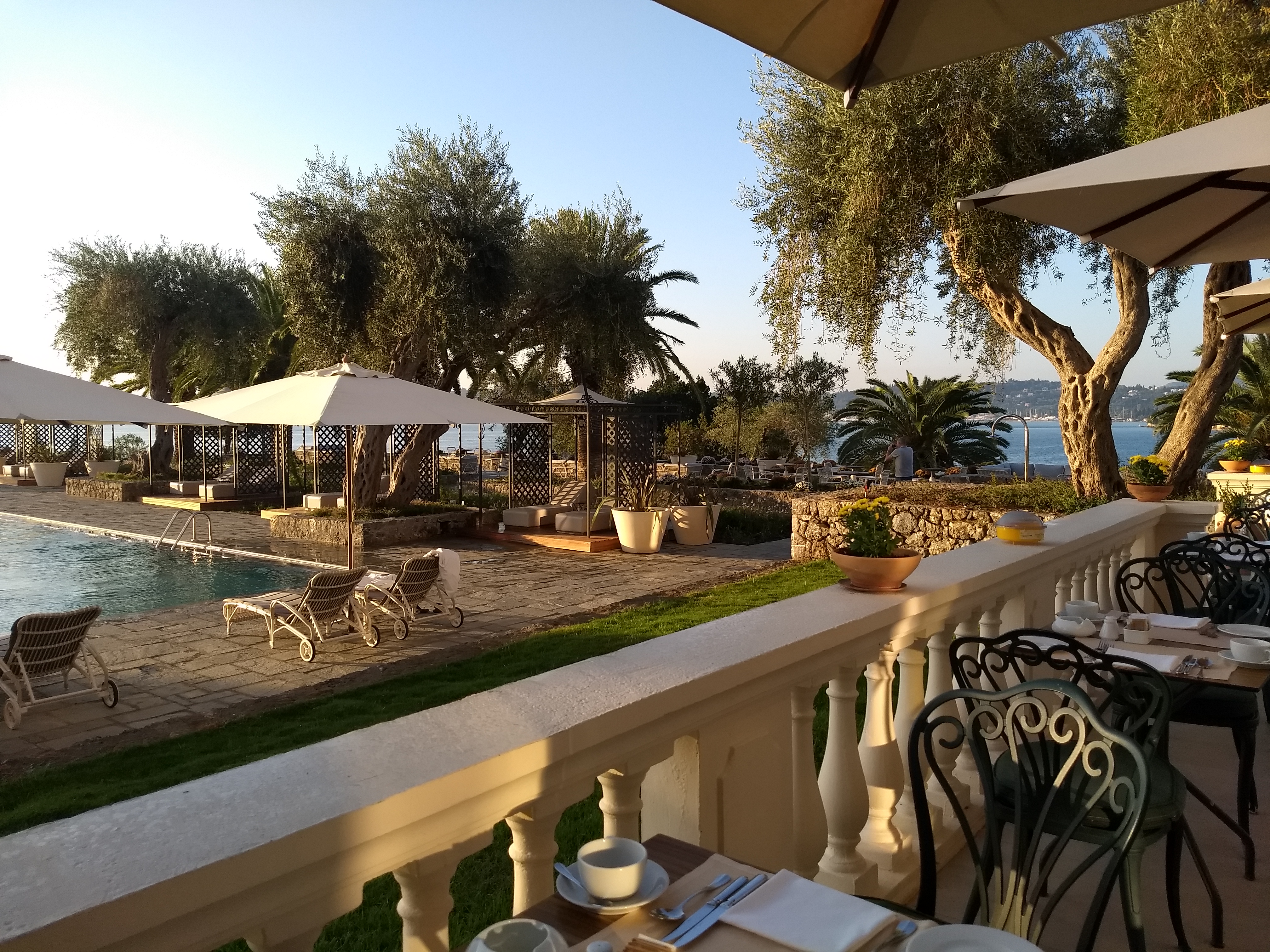
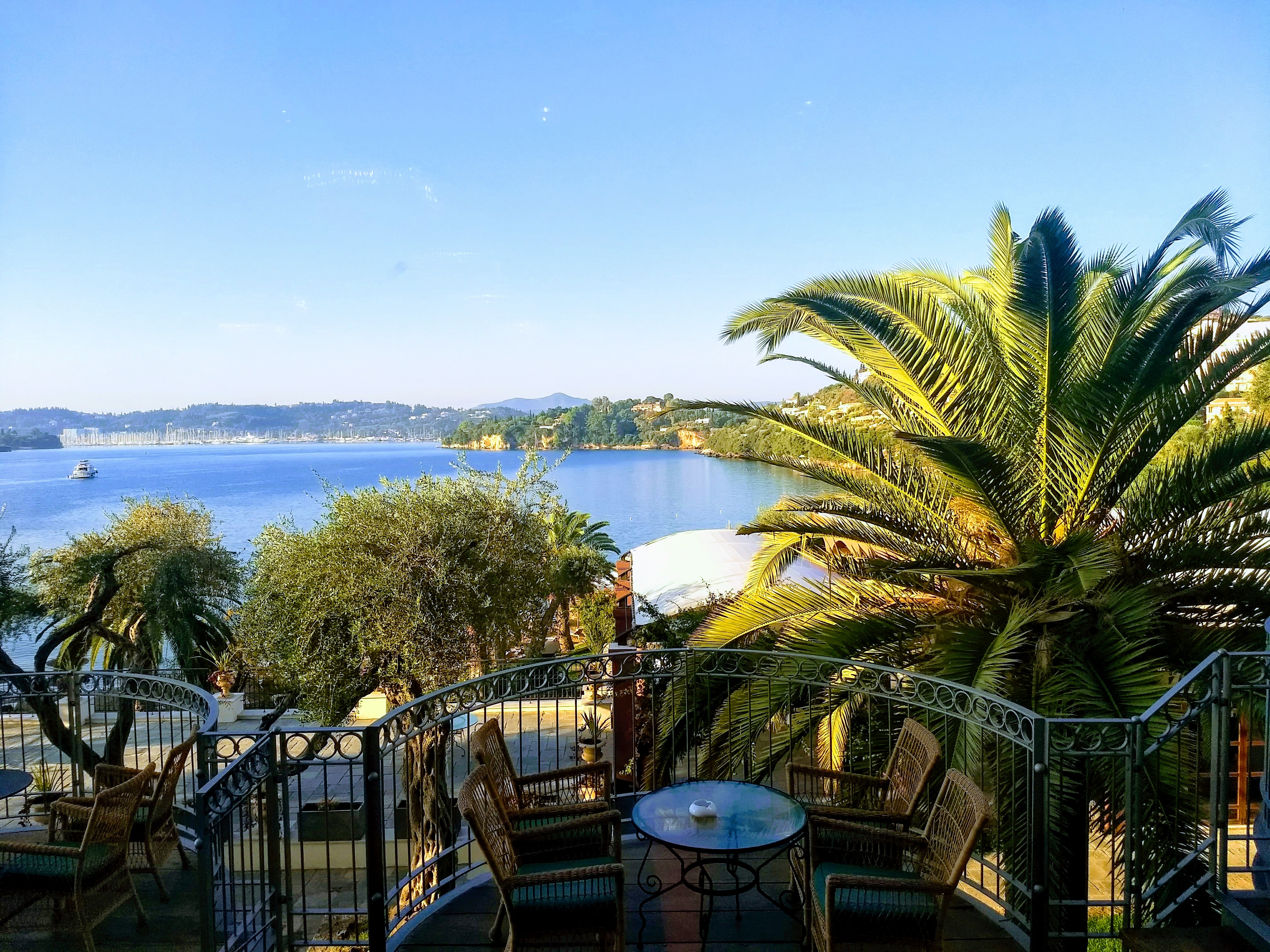





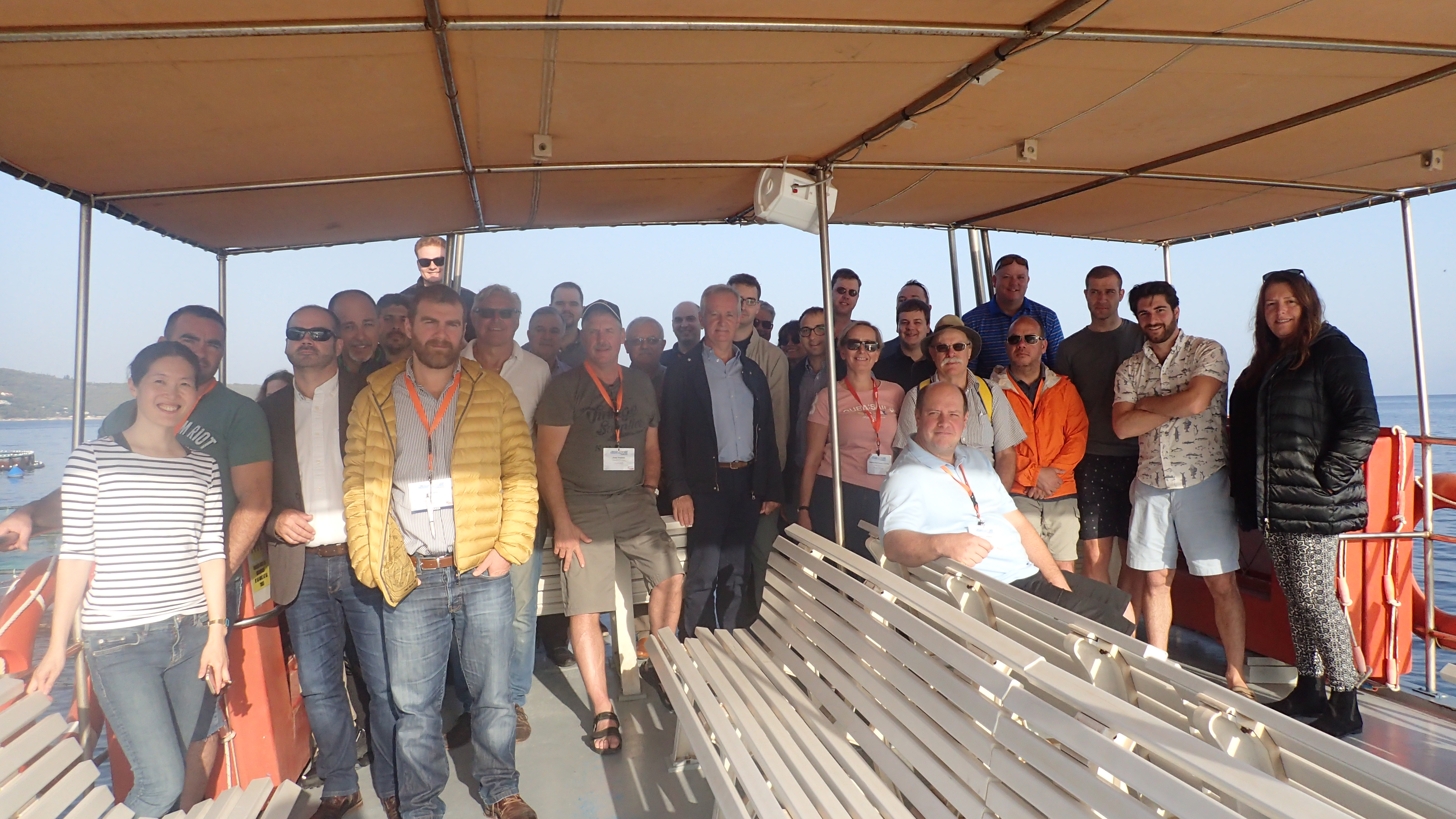
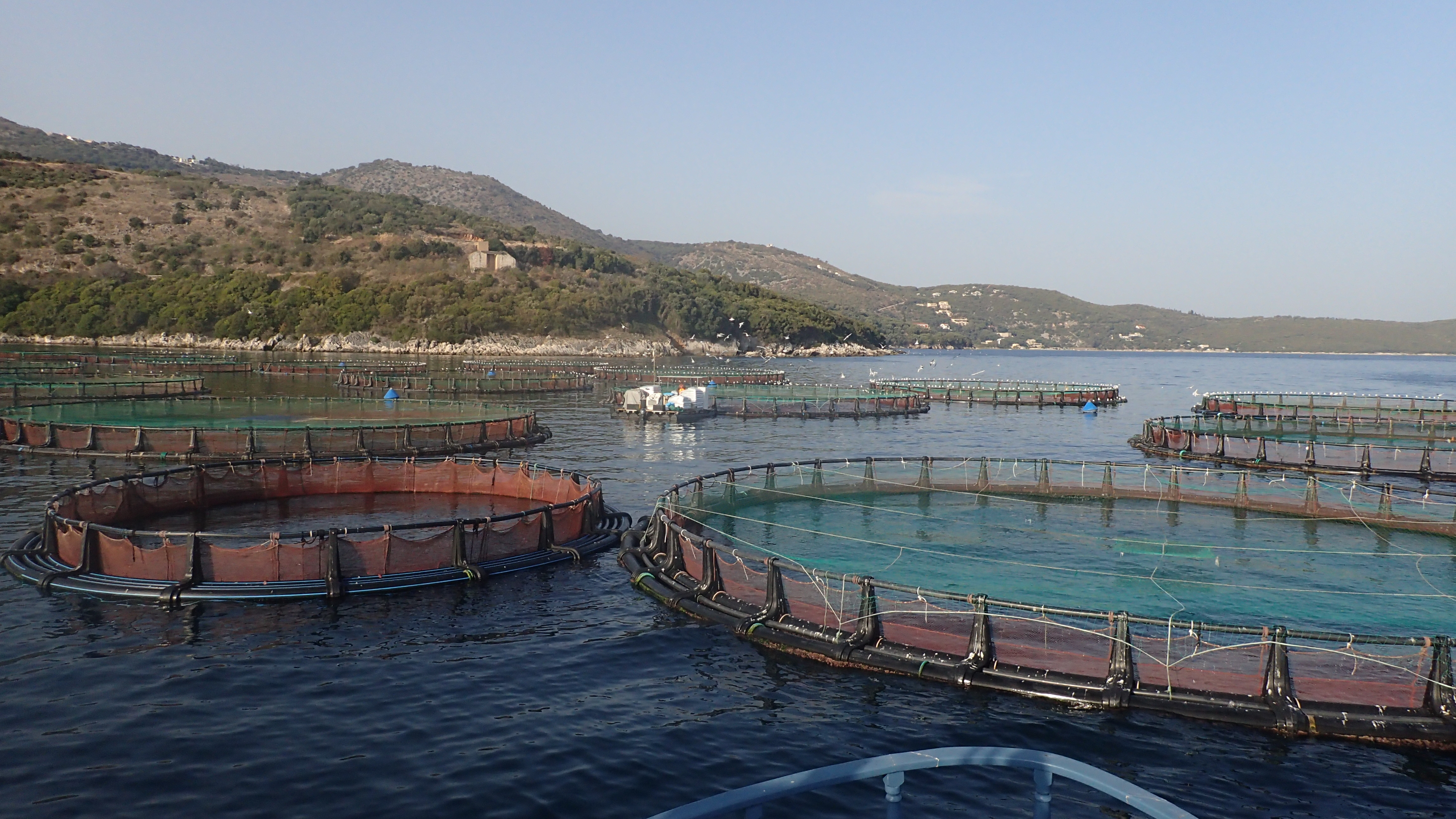
OLYMPUS DIGITAL CAMERA 


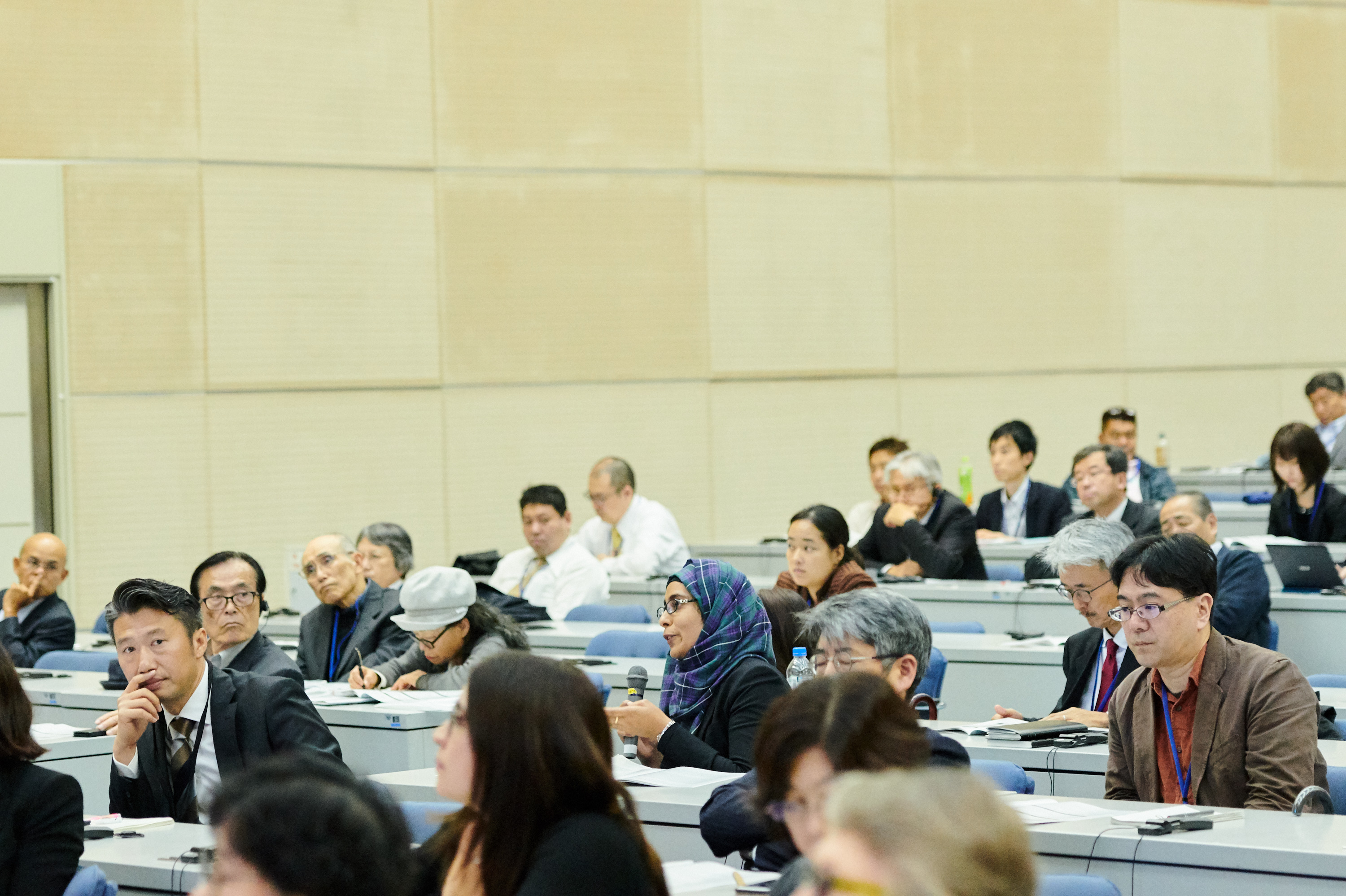




I started this blog in January 2011 as a record of my scuba diving trips around Japan and to give non-Japanese divers information in English on how to plan their own dives. It served as a fun way of documenting memories, sharing information and keeping friends and family in the loop. Today I’m not the full-time diver that I was, having moved back to the UK and focused more on building up my aquaculture work. But I’m still heavily impacted by my diving, my fellow divers and a spirit of curiosity that I had back then and still have today. As a couple of writing assignments for the Japan Times showed, diving in Japan is becoming more and more popular, and I continue to respond to enquiries from non-Japanese divers there.
This year I’ll be working more with The Fish Site on their Women in Aquaculture efforts, and have started working on my first research paper based around my MSc thesis. My challenge this year is to submit it to research publications and see what happens. But taking the spirit of curiosity I mentioned earlier, I’m bringing Rising Bubbles back and in the months ahead, you can expect to see updates on the latest in Japan’s scuba diving and aquaculture, opinions and lessons learned along the way.
Thank you for being here.





